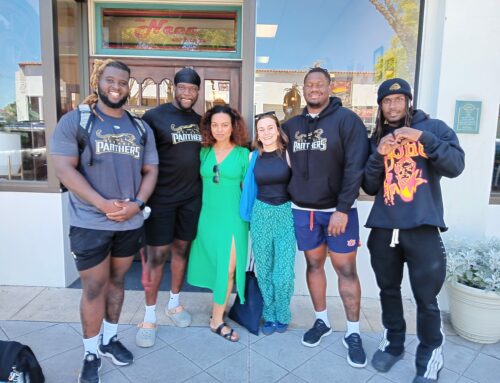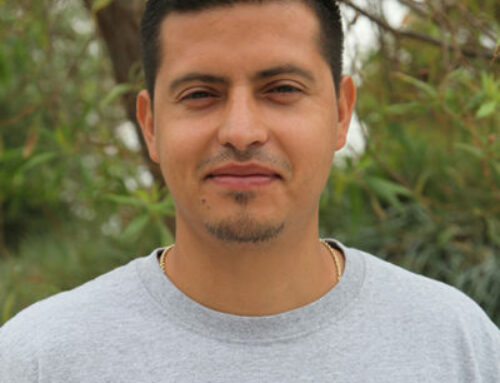Published in the September 28 – October 11, 2016 issue of Morgan Hill Life
Sept. 15 to Oct. 15 is National Hispanic Heritage Month, a time for all Americans to take pride in the many significant contributions people of the Latino culture have given our country. The Gilroy Rotary Club kicked-off the celebration at its Sept. 13 meeting by spotlighting the contributions by Latinos — including in the fields of art, literature, entertainment, science, sports, justice and government. All these contributions require good leadership — and good leadership rises from a well-educated mind to address the social challenges we face.
We’re optimistic about the state of public education for Latino students in South Valley. Much has been accomplished in the Gilroy and Morgan Hill school districts in recent years to help Latino young people improve their chances of success in life through a good education that leads to well-paying jobs. We’ve made much progress as a society in this area. We also acknowledge much more can still be done.
The significant reduction of the Hispanic high school student drop-out rate on a national level is impressive. The percentage was 32 percent in 2000. It dropped to 12 percent in 2014.
Earlier this month, Morgan Hill Life hosted the inaugural “State of the Schools” address. MHUSD Superintendent Steve Betando informed about 70 community members about the progress taking place in the district’s schools as well as the challenges the schools face. Betando’s talk brought up several issues relating to Latino students in the district and their successes in the classroom.
Many people told us they were pleased with our State of the Schools experiment in public engagement on education issues. We also heard from several members of the community that they would have liked to see more Latinos in the audience — and we agree with that feedback. The event was publicized in local newspapers and through social media in English and Spanish. Next year, we’ll ask school principals to partner with us in informing all parents.
MHUSD Trustee David Gerard expressed concern that Morgan Hill Life served as the host of the address because, according to Gerard, we criticized the only Latino on the board in a story published in our June 8 issue regarding the reasons for an incident of public safety at a contentious school board meeting in February. Two police officers came to question Trustee Rick Badillo because an anonymous citizen believed he might be concealing a gun at the meeting. The object of concern turned out to be a Leatherman utility tool Badillo often carried. (Badillo is a construction worker and had come to the meeting from his job in Gilroy.)
Police and court records show Badillo’s past criminal history. In 2007 he was arrested for grand theft and fraudulent use of a contractor’s license, both felonies, and contracting without a license, a misdemeanor. The grand theft charge was dismissed after he paid restitution to the victim. The second charge was reduced to a misdemeanor after he made restitution and pleaded “no contest” to both the second and third charges. Five years later, he was arrested in San Martin on suspicion of felony battery of a domestic partner with visible or serious injuries and false imprisonment, both felonies. Charges were reduced to misdemeanor battery and were dismissed after he completed an anger management program.
We would have reported this information regardless of Badillo’s ethnicity because it was an important factor in the story, explaining the individual’s reasons for calling the police.
Gerard’s concern about our reporting on criminal activity by a Latino school board member raises an important question. How are Latino leaders and the overall Latino community reflected in local newspapers? We think South Valley’s media — including this paper — can do a much better job in reflecting the many good things happening in the Latino community. But as a trusted news source, we do not serve our community if we avoid reporting relevant information the public needs to know about elected officials — including Latino officials.
When citizens are elected to political office, their character and values are open to a higher level of judgment by the public and the media — and rightfully so. What they say and do impacts the quality of life in a community. This is especially true in the area of public education. The lives of thousands of young people are impacted by the decisions made at school board meetings. The development of good-character leadership on school boards from the Latino community is vital to making sure that progress continues for Latino students. These men and women also serve as role models for future Latino leaders. That’s important to remember during National Hispanic Heritage Month.






